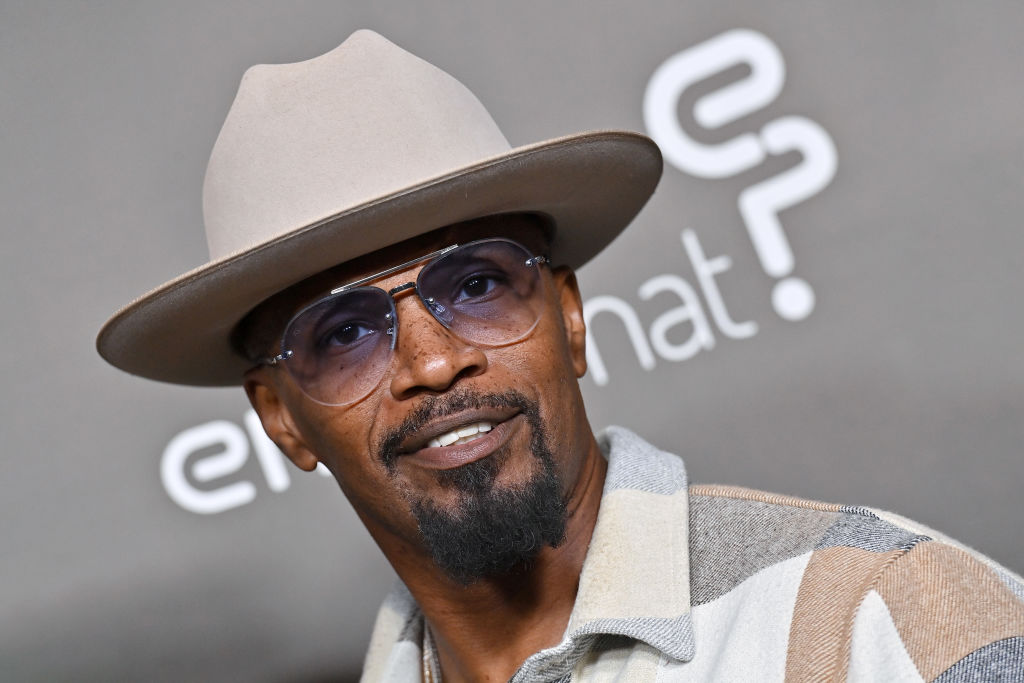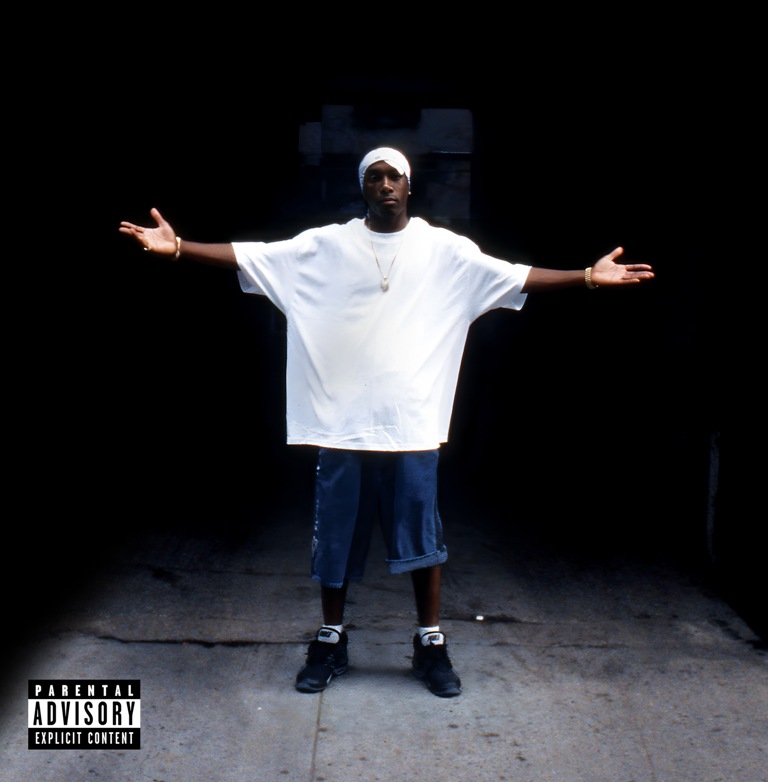Jamie Foxx received a wave of backlash to an Instagram post made on August 4. After posting “They killed this dude named Jesus…What do you think they’ll do to you???! #fakefriends #fakelove,†Foxx was accused of antisemitism. Many saw the post as Anti-Semitic as it, unintentionally or not, invoked the notion of Jewish Decide. Furthermore, Jewish Decide is the belief that the Jewish people are collectively responsible for the death of Jesus. Additionally, in the early history of Christianity, the idea was used as justification for pogroms and other acts of violence and persecution against the Jews.
Fox apologized on the morning of August 5. “I want to apologize to the Jewish community and everyone who was offended by my post. I now know my choice of words may have caused offense and I’m sorry. That was never my intent. To clarify, I was betrayed by a fake friend and that’s what I meant by “they†not anything more. I only have love in my heart for everyone. I love and support the Jewish community. My deepest apologies to anyone who was offended â¤ï¸â¤ï¸â¤ï¸. Nothing but love always, Jamie Foxx â¤ï¸ðŸ¦ŠðŸ™.†While many people believed an apology was unwarranted, that argument has been bolstered by a number of celebrity voices.
Read More: Jennifer Aniston slammed for response to Jamie Foxx post
Jay Pharaoh, Kenya Barris, And More Defend Foxx
Many celebrities expressed their displeasure that Foxx had felt “forced†to apologize for his comments. “When you have to apologize for the truth, your voice is the minority,†wrote SNL alum Jay Pharaoh. “Love you bro!!! Waitin on ya!!!,†added Black-ish creator Kenya Barris. Meanwhile, the CEO of the ADL Jonathan Greenblatt said that the organization “welcomed†Foxx’s apology and that Foxx had reached out further to reiterate his message to the ADL. The problem is that the issue is not unitary. The phrase that Foxx used can be both a Black colloquialism and an anti-Semitic trope. In fact, it does exist as both. While it’s clear that Foxx didn’t mean it as the latter, that does not mean that the latter interpretation no longer magically exists.
The response feels very similar to the incident in June 2022, when Lizzo issued an apology for the song “GRRRLSâ€. The original lyrics of the song contained a word that served as both a Black colloquialism and an ableist slur. While Lizzo apologized, many argued that she shouldn’t have to because her detractors were simply racist white people trying to tone police Black people.
[via]



